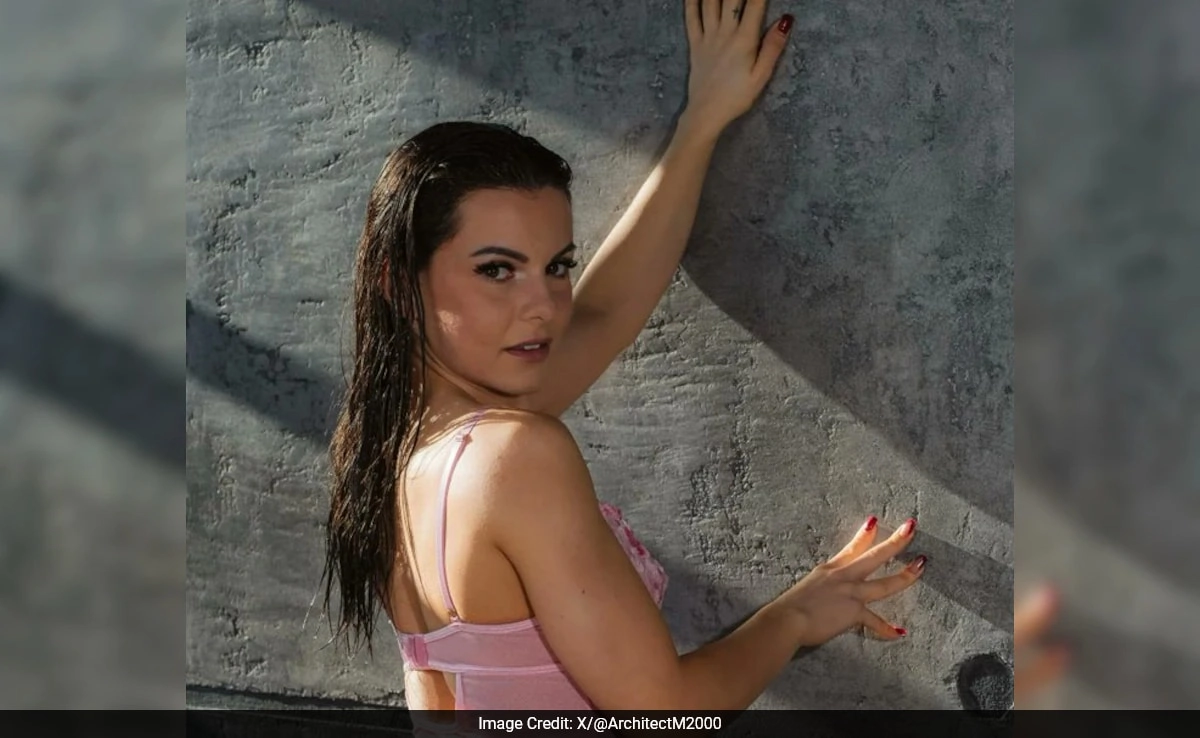An Italian teacher at a Catholic school has found herself at the center of controversy after being suspended for moonlighting on OnlyFans, a popular subscription-based platform known for adult content. The incident has sparked widespread discussions around the intersection of personal choices and professional responsibilities, particularly within the context of teaching in a faith-based environment. The teacher, who had maintained a dual career, was reportedly well-liked among students and faculty alike, but her side gig has raised significant ethical questions that resonate within the community.
The revelation of the teacher’s involvement with OnlyFans came as a shock to many parents and school administrators. While the platform allows creators to engage with their audiences in diverse ways, the nature of the content often draws scrutiny, especially in institutions grounded in religious values. The school’s administration acted quickly to suspend her, highlighting their commitment to uphold the moral standards associated with their Catholic teachings. This decision has led to a polarized response from the community, with some supporting the school’s stance while others argue for the teacher’s right to personal freedom outside of her professional life.
As discussions unfold, themes of privacy, morality, and the evolving dynamics of the modern workplace have emerged. Supporters of the teacher argue that her actions outside the classroom should not overshadow her professional capabilities or dedication to her students. They assert that educators should be allowed to express themselves freely without fear of punitive measures, especially in an era where personal branding and multiple income streams are increasingly common. On the other hand, critics contend that teachers in religious schools should adhere to specific moral expectations, suggesting that her dual roles were incompatible.
This incident raises broader implications about the expectations placed on educators, particularly in religious settings. As society continues to evolve, schools may need to reassess their policies and the boundaries between personal and professional lives. The case of the Italian teacher serves as a reminder of the complexities that arise when personal choices collide with institutional values, prompting a necessary dialogue about the future of education in a rapidly changing world. Ultimately, the community’s response will likely influence how similar situations are handled in the future, making this a significant moment for both the school and the broader educational landscape.




